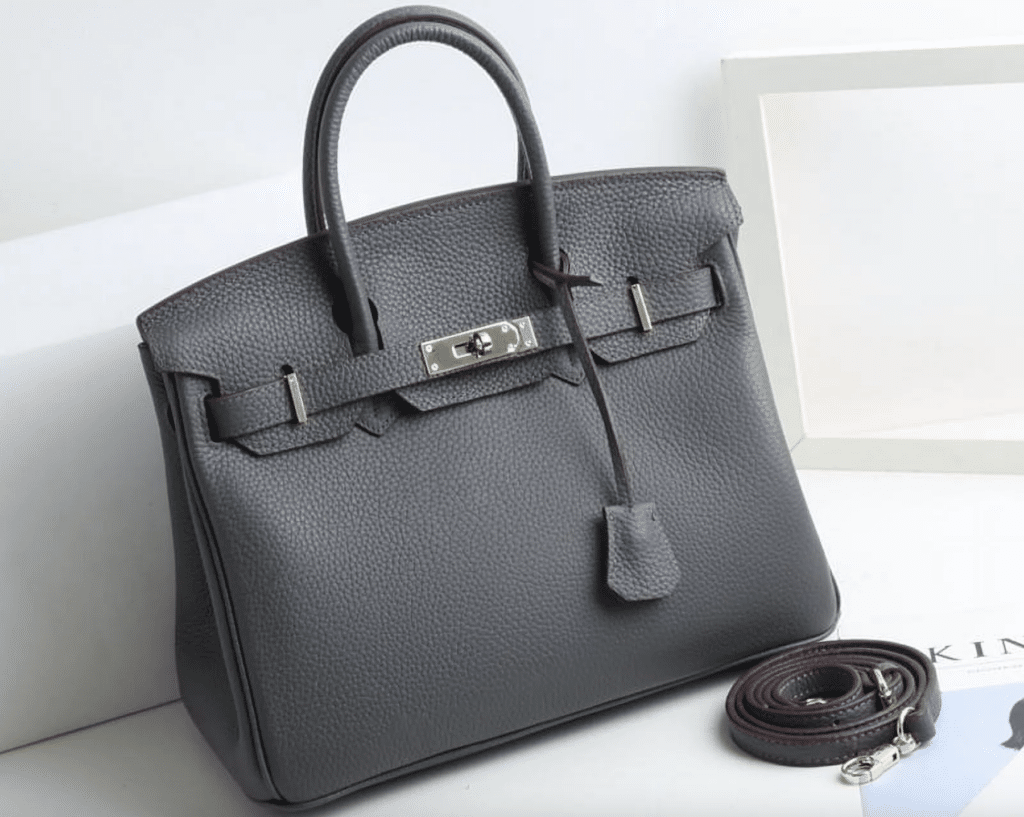Dupe.com is looking to escape a lawsuit accusing it of running afoul of the law by way of its reverse image search tool that helps users find lookalike goods for a fraction of the price. In the motion to dismiss that it lodged with the U.S. District Court for the Southern District of New York on November 21, Carrot Cart, Inc., d/b/a Dupe.com asserts that Williams-Sonoma has failed to allege claims of copyright infringement, false advertising, and unfair competition and that the home goods retailer’s case is a “blatant attempt to suppress the valuable transparency Dupe.com brings to the market” and an effort to “coerce Dupe.com into shutting down its service.”
A Bit of Background: William-Sonoma, Inc. (“WSI”) filed suit against Dupe.com in August, alleging that the company – which offers up a reverse search engine that “purports to allow users to identify duplicates or ‘dupes’ of furniture and other consumer products, either by going to ‘dupe.com’ and pasting the product’s URL into the search bar or by uploading a picture of the product into [its] website or app” – is running afoul of the law. According to WSI, Dupe.com identifies “dupes” of high-end items, promising budget-conscious buyers a way to achieve the same aesthetic for less. The problem, per WSI, is that Dupe.com is engaging in copyright infringement by embedding copyrighted product images into its website and making marketing statements that amount to false advertising.
False Advertising & Copyright Claims
Setting the stage in its motion, Dupe.com claims that far from ‘duping’ its own users,” it “does exactly what its name suggests: it gives consumers a user-friendly tool to compare furniture products online to find their perfect ‘dupe.’” With this in mind, it argues that WSI’s allegations fall short and should, therefore, be dismissed, as the company “has pled no facts whatsoever to support a likelihood of consumer confusion, a fatal pleading failure” when it comes to its federal and state law false advertising or unfair competition causes of action.
The Server Test: At the same time, Dupe.com maintains that WSI’s copyright allegations “fare no better,” as it “does not ‘display’ WSI’s images on its website within the meaning of the Copyright Act,” as the images are “merely embedded links.” As a result, WSI’s copyright claim should be dismissed under what is known as the “Server Test,” Dupe.com claims, pointing to the Supreme Court’s decision in Perfect 10, Inc. v. Amazon.com, Inc., in which it held that “where, as here, a website merely embeds a link to an image without storing a copy on its own servers, the website does not ‘display’ the image and thus cannot be liable for direct copyright infringement.”
While the Second Circuit has not yet addressed the applicability of the Ninth Circuit’s Server Test, Dupe.com argues that “no other appellate court has rejected it. Nor have the courts in this district rejected it in the context of a search engine like Dupe.com.” As such, Dupe.com contends that since it “is a search engine akin to Google in Perfect 10, the Server Test should apply and [WSI’s copyright claim] should be dismissed.”
In case that is not enough, WSI’s copyright infringement claim should be tossed out, Dupe.com argues, since its use “is a quintessential example of a highly transformative utility-expanding fair use,” and thus, should be shielded from infringement liability.
Making a fair use argument: Dupe.com states that it links to WSI’s images “for the purpose of providing consumers with price transparency through its comparative shopping tool – an entirely different purpose from WSI, which is merely advertising its own products.” Moreover, it argues that the images “cannot possibly serve as a market substitute for the original, as WSI itself acknowledges there is no market for these images: WSI sells furniture, not photographs of furniture.”
> “This is precisely the type of case where dismissal is justified from the outset. The Complaint, together with the evidence attached thereto as exhibits or incorporated by reference, provide all the necessary facts to determine fair use. They show that, because Dupe.com’s use of the Product Images is highly transformative, utility-expanding, and not a market substitute, Dupe.com’s use is fair, such that WSI’s copyright claims should be dismissed,” Dupe.com argues.
With the foregoing in mind, Dupe.com argues the court to toss out WSI’s complaint in its entirety.
THE BIGGER PICTURE: The lawsuit appears to be a side effect of the growing tensions in the retail segment as a result of the rise of dupe-centric platforms like Dupe.com, which aim to provide consumers with the “look-for-less,” as well as increased transparency with regard to the making – and marking up – of products ranging from apparel and accessories to furniture. And not the first lawsuit to be waged against a company in the business of manufacturing and/or advertising dupes, Ugg-owner Deckers Outdoor sued Last Brand Inc., the company that does business as Quince, in September 2023 for allegedly selling boots that mimic the trade dress-protected design of its Ugg boots.
The case is Williams-Sonoma v. Carrot Cart, Inc., 1:24-cv-06597 (SDNY).











